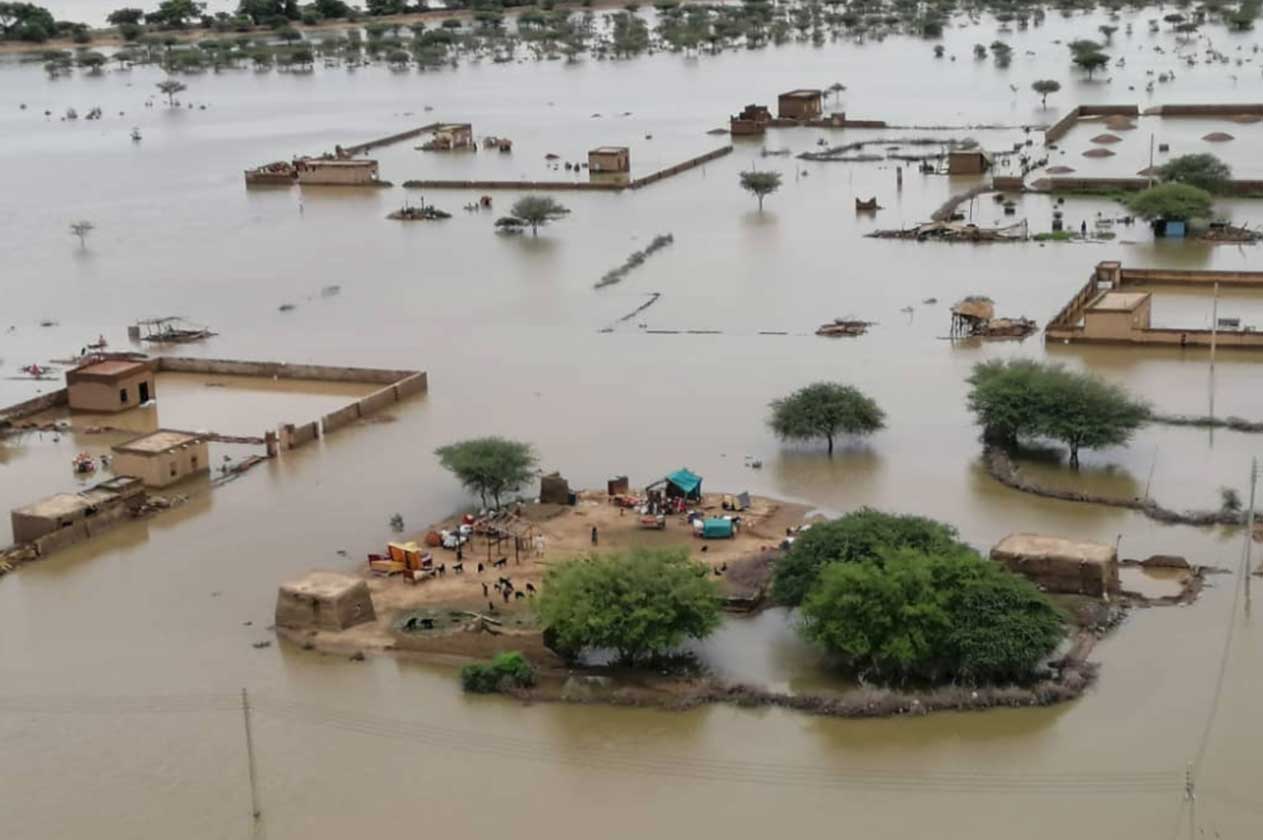The Egyptian media loyal to the regime of General Abdel Fattah al-Sisi celebrated an official report, which said that the national poverty rate recorded 29.7 per cent over the past year. According to the research, poverty is defined as “the inability to provide for the minimum basic needs of the individual or family, and those needs are represented in food, housing, clothing, education services, health, and transportation.” So say the papers, but on the ground, the Egyptian government’s financial and economic policies are leading to an acceleration of the transfer of wealth from the lower and middle classes to the government and business elites, with potentially disastrous consequences.
This policy is based on several pillars, the first of which is that the government relies heavily on loans, instead of taxes, to finance its operations and mega projects in infrastructure. As for tax revenues, they are used disproportionately in repaying loans and interest, leading to a transfer of wealth from the lower and middle classes to the system’s creditors, both external and internal. Second, the government continues to reduce subsidies and social spending. Third, the regressive tax continues, which places the tax burden on the middle and lower classes.
At the same time, the government continues to work on implementing massive infrastructure projects under the leadership of the army, which is a tool for the acquisition of public funds, not a tool for implementing social spending and poverty reduction programmes. The increase in poverty rates has led to an increase in social deprivation levels, evidenced by a 9.7 per cent decline in the general consumption of goods and services, with a decrease in spending on services such as education, health care, and culture.
The first aspect of this policy, which must be considered, is the heavy reliance on borrowing, as the system relies heavily on both external and domestic borrowing to finance government operations and infrastructure projects. Borrowing not only protects the government from public pressure, which allows it to act in a more authoritarian way, but also leads to the transfer of wealth from the lower and middle classes to the government’s creditors. By late 2019, the debt-to-GDP ratio reached 90 per cent, a high level by regional standards, although still below the 108 per cent recorded in 2017.
The governmental rush to borrow made Egypt the first country in Africa in terms of the size of foreign currency bonds. One of the policy results of relying on borrowing is that those who have sufficient funds to lend to the government, that is, the owners of domestic debt, get direct benefits from this process. This policy also allows the system to exempt businesses and companies, especially those under the control of the army, from taxation, or to be satisfied with imposing low taxes on these companies, in addition to benefiting the rich through low taxes on their personal incomes. The second pillar in the government approach is to reduce social spending and government support.
Despite the effects of the COVID-19 pandemic on Egyptian families, the year 2020 witnessed a sharp decline in social spending and government support. In this context, the government reduced the weight of subsidised bread, and the government announced an increase in the price of the metro ticket in Cairo for the second year in a row, and a decision was issued to deduct one per cent of the salaries of all employees, as well as raise the price of electricity by 19 per cent. This resulted in high inflation, with severe repercussions for the poor.
In continuation of this sovereignty, the regressive tax system benefits the wealthy in Egypt. Also, the policy of supporting the expansion of military companies through the use of public funds places more pressure on the lower and middle classes, which bear the brunt of the tax burden. An expanding military empire in the business world benefits from a wide range of tax exemptions and is also exempt from procurement obligations and regulations imposed on civilian companies.
Finally, government spending prioritises massive infrastructure projects that are commanded and controlled by the military, effectively serving as a tool for capturing public funds. This policy, combined with tax breaks, has allowed military-owned firms to thrive at the expense of the lower and middle classes, as well as at the expense of the civilian private sector, which finds it extremely difficult to compete. According to political analyst Majed Mandour, the economic and financial policies pursued by the regime have exacerbated poverty and transferred wealth from the lower and middle classes to the elites.
In addition to the authoritarian nature of the regime, the international support it receives in the form of financial flows and loans contributes to strengthening its efforts to enrich the elite class in business and military institutions at the citizens’ expense, according to Mandour. He added, “The government obtained financial support from its regional allies of $92 billion between 2011 and 2019, and continues to borrow huge sums from international institutions.” He continued, “These funds allow the government to implement huge projects and maintain the regressive tax system.”
Mandour added, “This approach has serious long-term effects that go beyond the increasing poverty and social deprivation that the average citizen suffers from, as it is inevitable that this regime becomes more repressive and authoritarian while it continues to impose its harsh policies.” He concluded: “This, in turn, will fuel the rise of violent resistance to the state, even if this resistance does not crystallise in the framework of a coherent political movement, the level of social violence will have to worsen, which leads to destabilising repercussions in the long run.”





Recent Comments